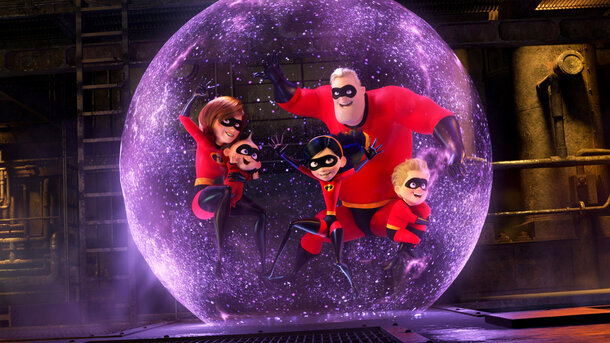Hollywood has long put the production of remakes on stream. But how much do such projects actually bring in? Let's compare the box office receipts of the original films and their new versions.
Dune: from failure to blockbuster
David Lynch's film (1984) collected a paltry $31 million with a budget of $40 million. But Villeneuve's version (2021) earned $402 million, its sequel - $711 million. A difference of 23 times!
Ocean's Eleven: nostalgia as a business
The 1960 original brought in $12.5 million. The 2001 remake with a top cast collected $450 million - 36 times more.

Hachiko: a tearjerker for export
The 1987 Japanese film — $23 million. The Hollywood version with Richard Gere — $46 million. A simple formula: a well-known story + a star = guaranteed profit.
So, why do studios love remakes? Firstly, they use a ready-made plot — no need to pay for original scripts. Secondly, the built-in audience of fans "comes into play". Thirdly, it is easier to attract stars to remakes — they know what they are signing up for.
But there is a nuance. Although remakes consistently pay off, the absolute box office records are still held by original projects like Avatar or new Marvel franchises. It turns out that remakes are a reliable "passive income" for studios, but the real gold mines are still original ideas.










